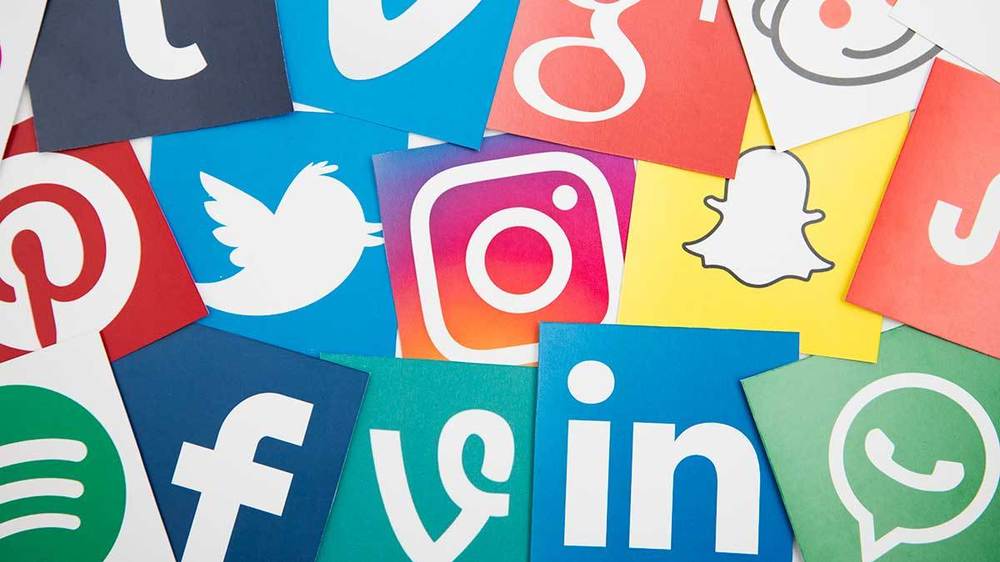Dance is interesting, since it's an art
form and also at the same time a mode of communication. Art is used to express
emotions, which the movement is able to communicates to the audience to
hopefully allow them to feel something during and after watching the piece.
Dance is also constantly and frequently in the media, using platforms such as
film, movies, commercials and early videos of performances to help share the
art form. Using Rogers's Diffusion of Innovations (or Ideas), we can visualize the
explosion of dance in our culture as well as the media.

The exploratory era on the timeline
would consist of dance pioneers such as Doris Humphrey, Isadora Duncan, Martha
Graham and Merce Cunningham. These individuals helped to shake up the world of
dance and pioneer the weird and different dance styles that led to new genres,
such as modern, contemporary, and most recently hip hop. Another exploratory
element of dance in media would be social dances, including phenomenon such as
the whip, nae nae, crank that, Charleston, and the floss. Society tends to
catch on to these dances and use them at many social gatherings, such as formal
events, weddings, school dances, and even just walking down the street fooling
around.
Exposure also played a key role in
expanding the dance world, with many dancers flocking to television shows such
as Dancing with the Stars and So You Think You Can Dance in hopes of
catching the attention of the public through media to make it big. Examples of
this include tWitch and Travis Wall who are now headlining
choreographers.
The uptake or ascent era consisting of
early adopters and early majority of the idea would involve creators like Matt
Steffanina uploading tutorials to YouTube and Instagram, giving wannabe dancers
the chance to bust a move just like the professionals they've seen on TV. Other
shows such as World of Dance, America's Best Dance Crew, and
Dance Moms have also catapulted numerous dancers to fame such as Maddie
Ziegler, The LAB, and many more.
I would say that the tipping point for
dance in media hasn't happened yet, but it could be the emergence of dance in
other social medias, such as Insatgram, Tik Tok, and YouTube. All of these
platforms provide the tutorial aspect so anyone can learn how to dance simply
by following the videos posted.
Another peak for the dance explosion in
today's media would be online classes, some of which are streamed and then
posted to different platforms or membership sites. These membership sites
include Steezy Studios and CLI Studios, making it easier than ever to learn routines from top notch
choreographers at your own pace. Steezy specializes in hip hop, while CLI is
more contemporary and technique based each attracting their own flock of dance
fanatics.

This wave of media caught on because
dance is a great form of exercise and therapy at once, with people expressing
themselves by moving their body in a particular way. Once dance went
mainstream, people began to explore these ideas more and share their ideas,
expanding the world of dance to many more people than it had previously. So
many people really liked dance because it meant something different to each of
them, and they also had individual reasons for performing. The only
downside that I can see for dance in the media is that the toxic aspect of the
internet can really dampen the safe creative atmosphere that dance fosters,
deviating it from its roots and original purpose of sharing experiences with
others.














